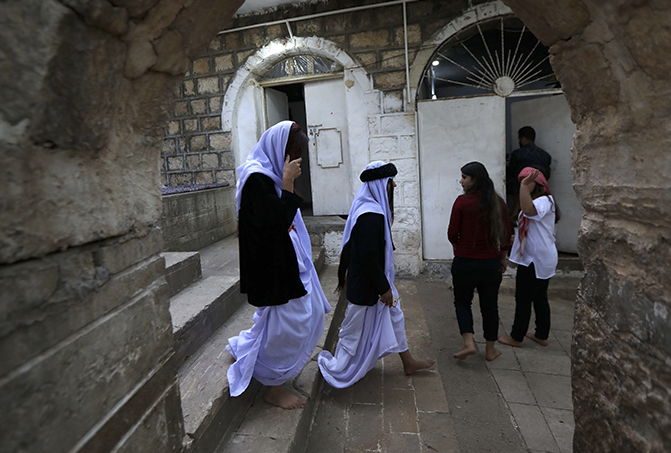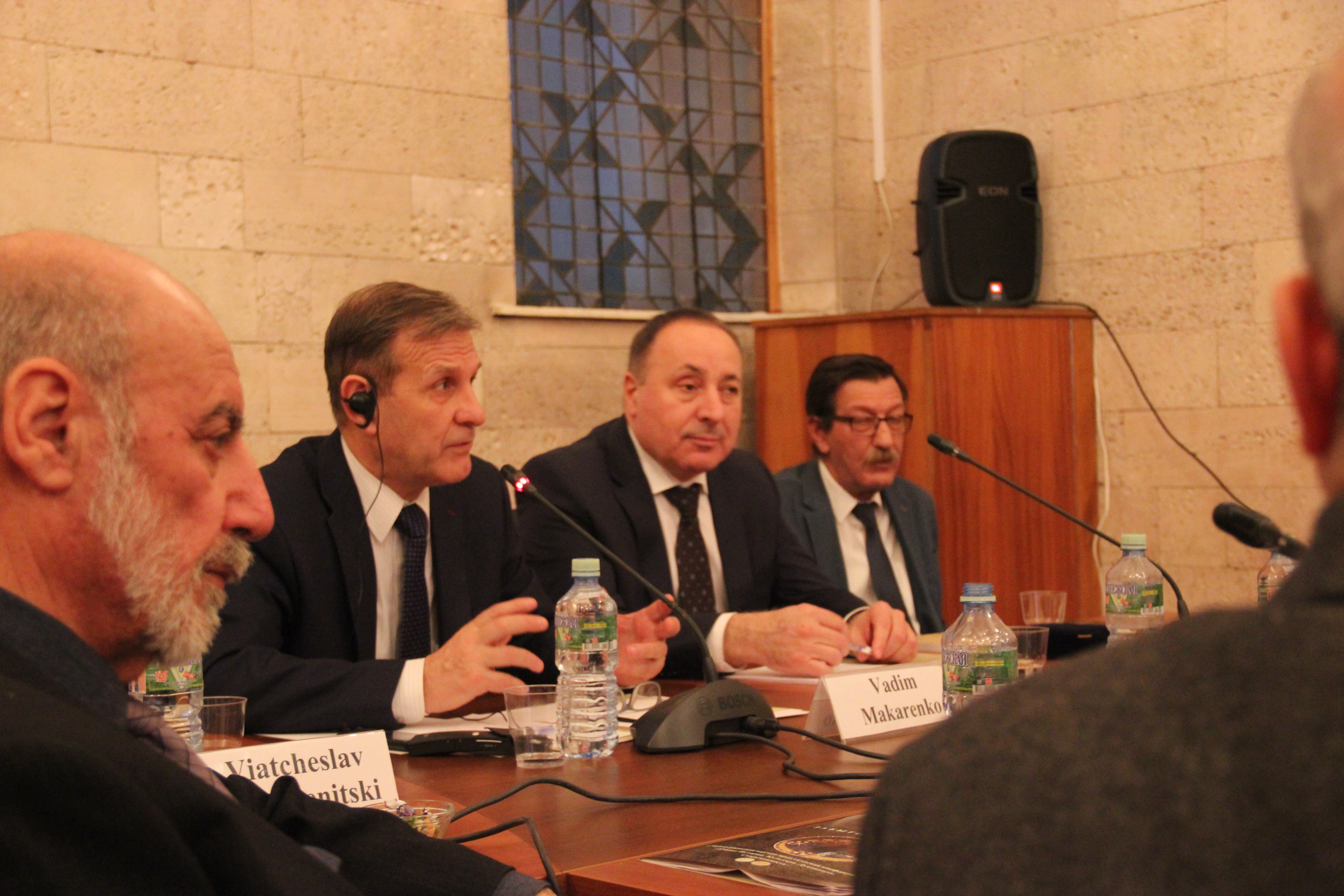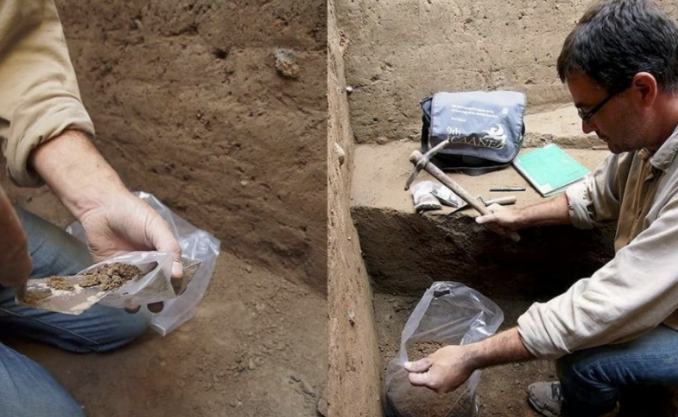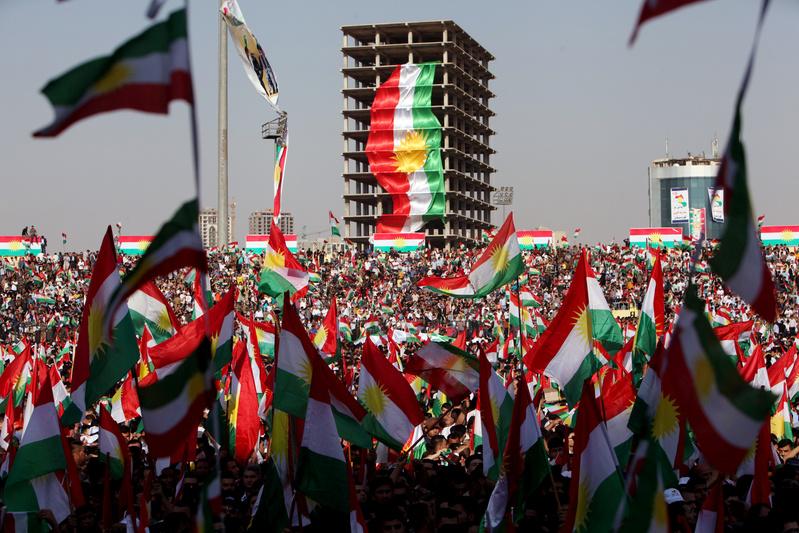Articles
No need to fear Kurdistani independence
Gary Kent / 11 сентября 2017 года
The sun shone brightly on a sea of Kurdish flags at the recent independence rally in Cologne. This was fortunate for about 20,000 Kurds and their friends who had come from across Germany and further afield. The sun blinded me and avoided any stage fright in delivering a brief speech.
It outlined the APPG's general position on the referendum. MPs have tabled a Commons motion- some don't sign them for separate reasons - and put on record their support for the right to self-determination of the people of the Kurdistan Region, and also recognised that a Yes vote would be a mandate for negotiating statehood and improved co-operation with Iraq. To the point.
I told the rally that the APPG has been building living links between Kurdistan and the UK. When we started ten years back few Brits knew where Kurdistan even was but regular parliamentary delegations and debates helped put Kurdistan on the map. Other successes include persuading Top Gear to film a programme in Kurdistan that reached millions of people with positive messages about the beauty and safety of the country, winning official Commons recognition of the Anfal genocide, and securing a major debate in the Commons on 4 July where MPs sympathetically aired arguments for independence.
The Kurds tried to make Iraqi federalism work, but it probably died when Baghdad blocked budget payments and when Daesh captured a third of Iraq in 2014. I praised the Peshmerga, which defended civilisation from genocide and fascism, and added that the Kurds have promoted religious pluralism but need to accelerate political and economic reforms so they remain and become an even more important beacon in the Middle East. I concluded that the Kurds deserve the strongest support from friends across the world for whatever results from self-determination.
Iraq has hardly ever worked for the Kurds and there is substance in the view that it can never work for the Kurds as there is little or no appetite in Baghdad for federalism, equality, and revenue-sharing.
Great powers continue their long-standing default position of One Iraq, say it is not the right time for independence, and fear destabilisation. The highly respected UK Minister for the Middle East, Alistair Burt recently visited Erbil and formally reiterated the government's position but also stressed the continuing importance of the bilateral relationship.
There are legitimate questions about how independence could affect the continuing military and ideological struggle against Daesh and whether it can be done given Kurdistan's divisions. I counter that the military phase is nearly over and a Yes vote aims to secure a process of negotiations over years rather than in a sharp rupture. One can always argue that internal problems obstruct change but the political and economic situation has changed considerably already. I hope Parliament is reactivated soon and see steady progress in reducing the deficit and the debt. I would add that statehood can provide better means to widen and deepen economic reform.
A Yes vote would create a new dynamic and the priority then will be to urge the UK and others to help mediate between Erbil and Baghdad. This presents an opportunity for the APPG and others to examine and recommend actions by the UK.
One influential voice could come from the influential Foreign Affairs Committee (FAC) of the House of Commons, whose job is to audit UK foreign policy. It produced a weighty report in 2015 which, in my view, broke the One Iraq taboo by arguing that Kurdistani independence was a medium-term possibility that could be accepted and respected by the UK.
The FAC is nearly back up and running following the general election in June, which stopped its work. Its new Chair was elected in July as were its Labour members but Conservative members were only elected last week by Conservative MPs. There were twelve candidates for four positions in a tough fight whose winners commanded support on their record and expertise. The former Chair and another longstanding member lost but the British-Kurdish Conservative Nadhim Zahawi did well in winning a place.
Leaving a country or club is complex, as the Brits are finding out with Brexit. If it is the settled will of the people, Kurdexit cannot simply be wished away. By all means, let's face the difficulties but spurn unsympathetic commentaries that amount to arguing the Kurds should just make the best of a bad job in Iraq, as if they haven't tried before. Kurds should not again be consigned to a status of pawns rather than the valued and resilient allies they have clearly proved to be in resisting Daesh. Subordinating the Kurds is morally and politically acceptable. The international community should stand ready to help Kurdistan and Iraq settle their relations for the common good if a Yes vote wins. Freedom should not frighten anyone in the coming stages of Kurdistani history.
Источник: rudaw.net











